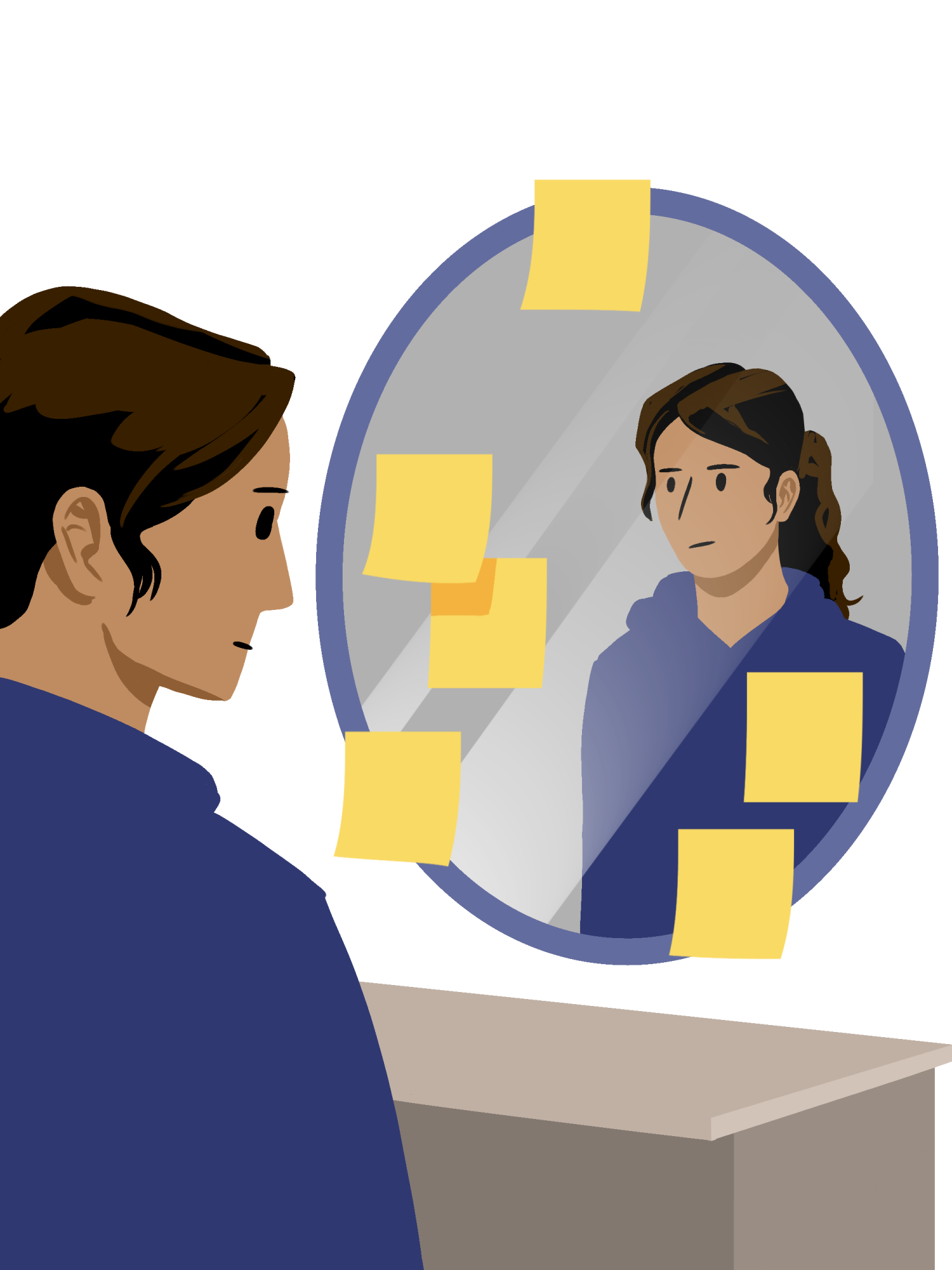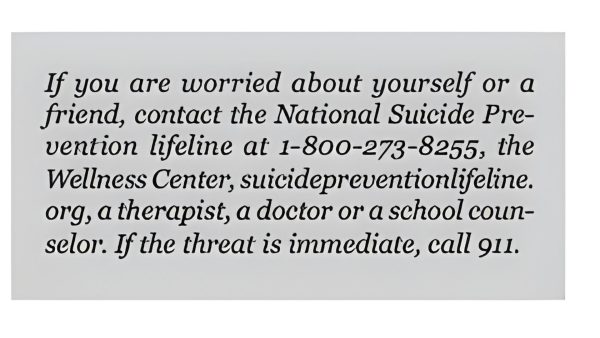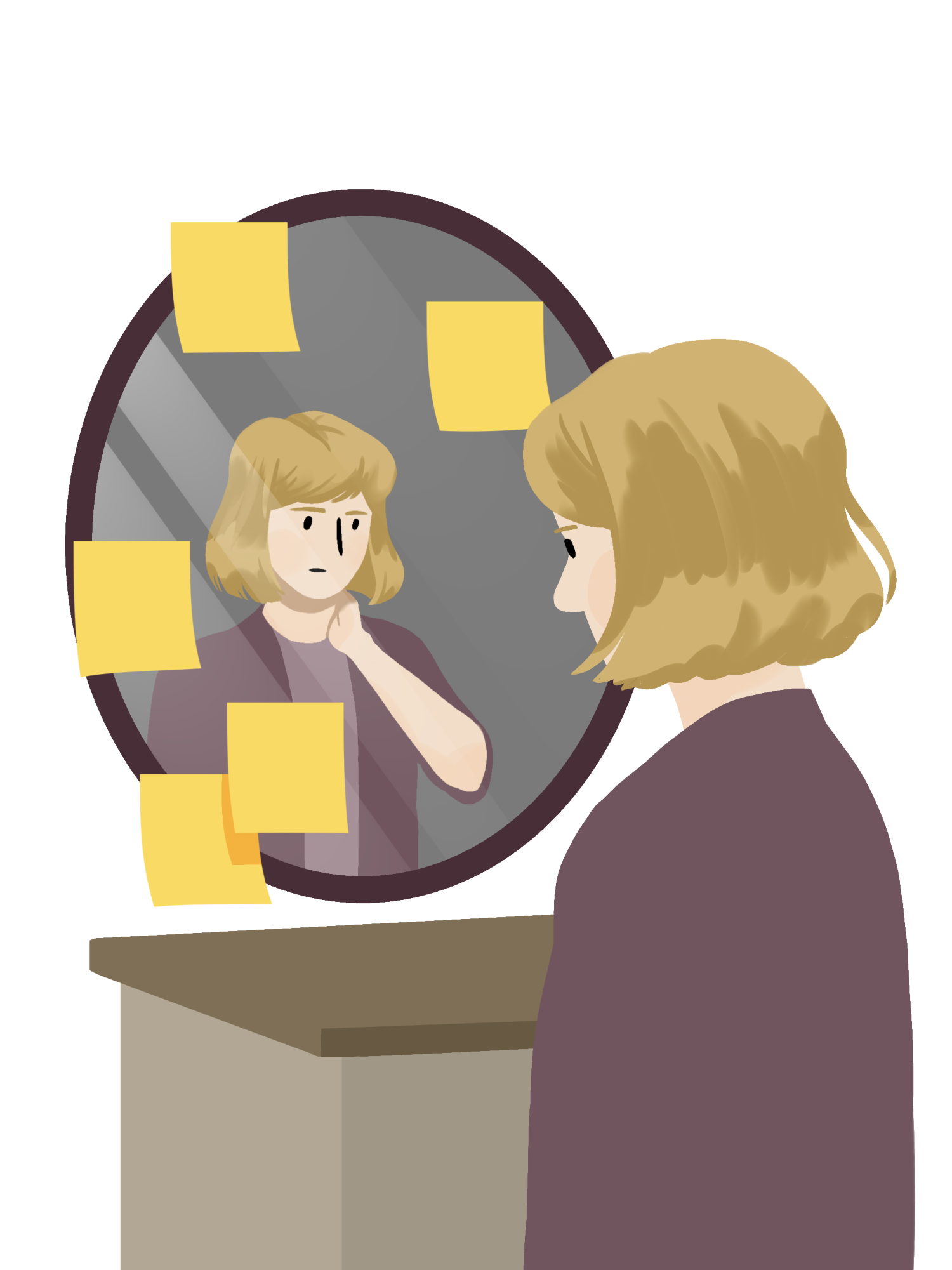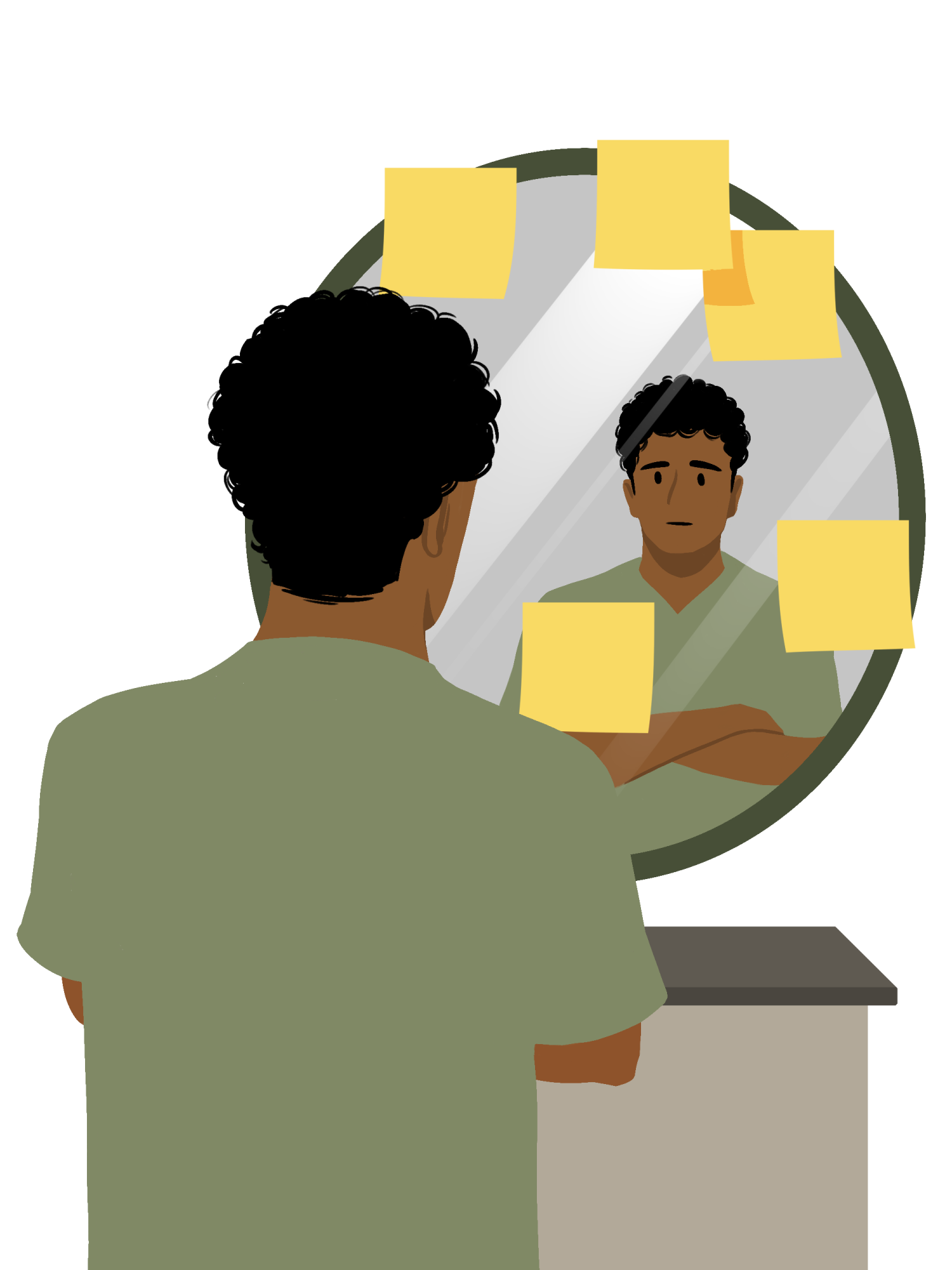Categories:
Meaning beyond definitions: Student experiences with misused phrases, slurs, labels on campus
February 13, 2024
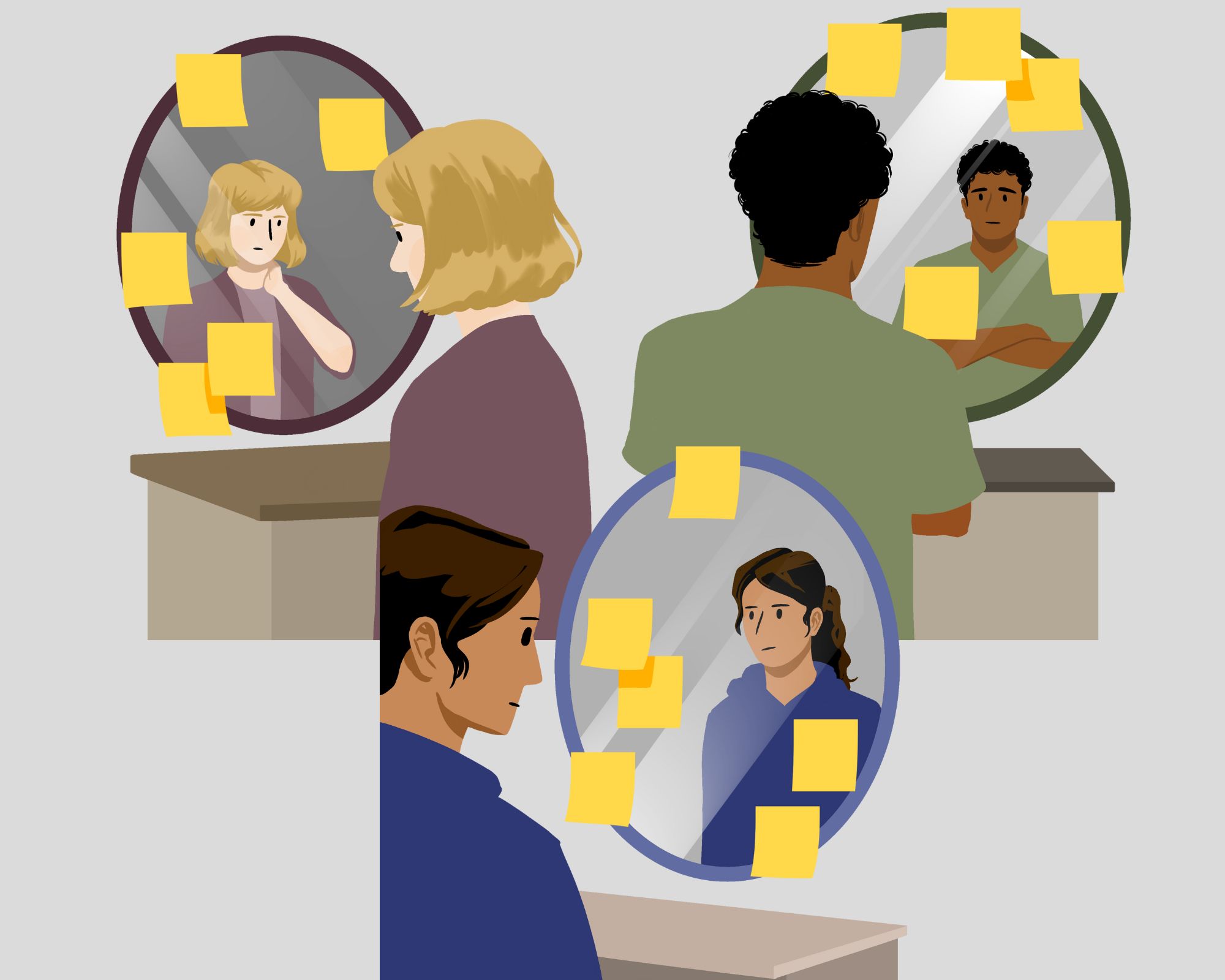
Tags:
Donate to The Oracle
$1900
$1000
Contributed
Our Goal
Your donation will support the student journalists of Henry M. Gunn High School. Your contribution will allow us to purchase equipment and cover our annual website hosting costs.
About the Contributors
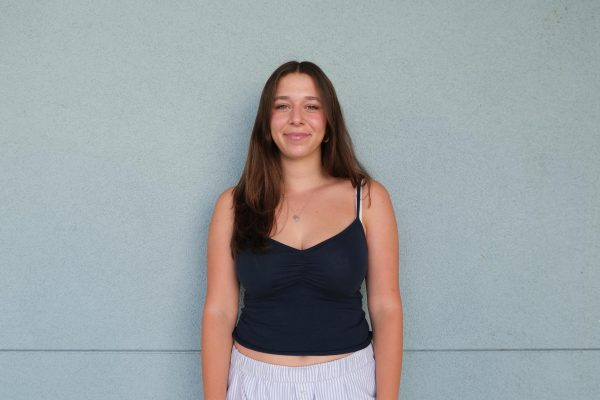
Eanam Maor, In-Depth Editor
Junior Eanam Maor is a in-depth editor for The Oracle. She enjoys going thrifting, playing lacrosse and watching good movies.
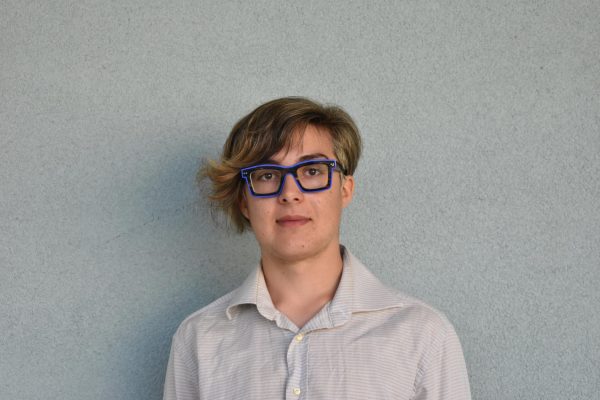
Fenton Zarlengo, Reporter
Fenton Zarlengo is a sophomore and reporter. He enjoys all subjects, and is eager to learn about others.
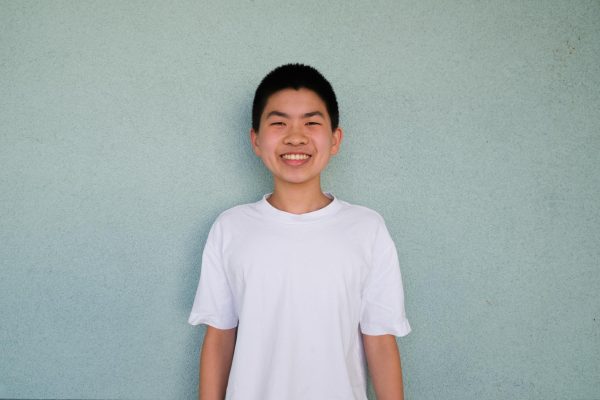
Yu-Ming Liu, Forum Editor
Junior Yu-Ming Liu is a forum editor for The Oracle. In his free time, he likes playing New York Times games, watching movies and playing basketball.

Chinyoung Shao, Photo Editor, Graphics Artist
Chinyoung Shao is a photos editor and graphics artist who has been on staff since freshman year. Outside of The Oracle, she enjoys doodling, debate and trying to keep plants alive.






